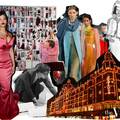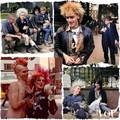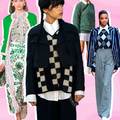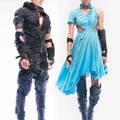What is Boho Fashion Style
Boho fashion style - Boho is short for Bohemian - depicts a diverse way of dressing inspired by the free-spirited beatnik and hippie movements of the 1960s and the romantic aesthetics of the Victorian era.
Comprised of distressed patterns and mute colors that make the attire stand out from the general norm, the Boho fashion style embodies artistic creativity and non-conformity.
The Boho style incorporates layers of clothing, jewelry, and accessories made from recycled, handmade, or vintage materials.
Textured materials such as fringes, crochet, and lace are common in this fashion style.
In the early 2000s, celebrities like Sienna Miller, Kate Moss, and the Olsen twins were instrumental in popularizing the modern boho-chic look.
The Origin of Boho Fashion Style
The boho fashion style originated from the bohemian culture of the 19th century.
This counter-cultural movement, adopted by artists, writers, and intellectuals, valued creativity and rejected bourgeois values, even at the cost of voluntary poverty.
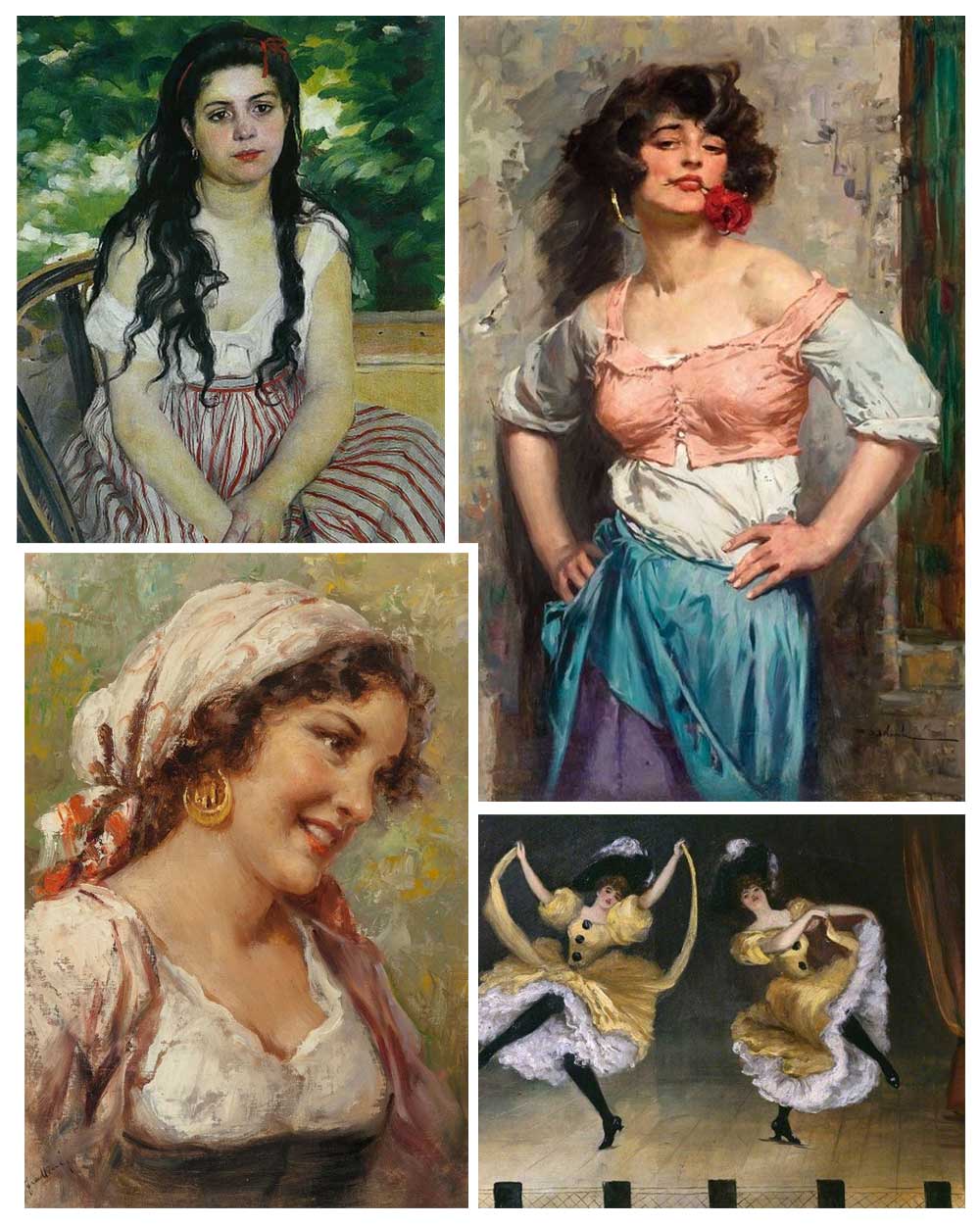
The Bohemians rebelled against the rigid societal norms of the Victorian era and expressed non-conformity through clothing.
In the 1960s and 1970s, the hippie movement revitalized this style by incorporating ethnic prints, beads, sandals, and headbands.
As a result, the modern boho style evolved, blending a free-spirited aesthetic with an appreciation for diverse and unconventional details.
The Evolution of Boho Fashion Style
Bohemian fashion has evolved from its roots in the 19th century to encompass several substyles, cultural influences, and sub-genres.
Originating as a counter-cultural movement, it has become a mainstream fashion trend, maintaining its allure and impact across generations.
The fluidity of the Boho dressing style allows it to evolve, merging with the dominant fashion currents of each era yet preserving its unique essence: freedom, artistic expression, and a connection with nature and other subcultures.

